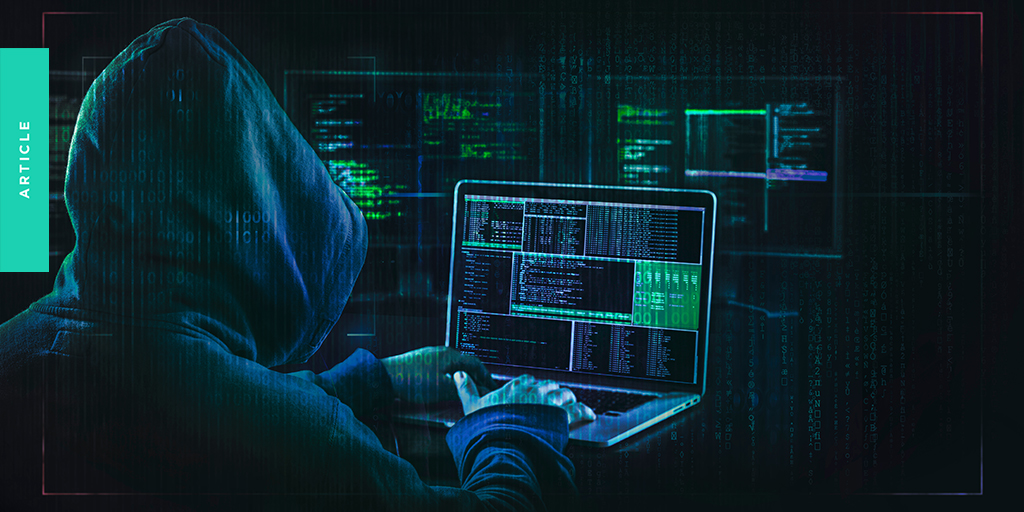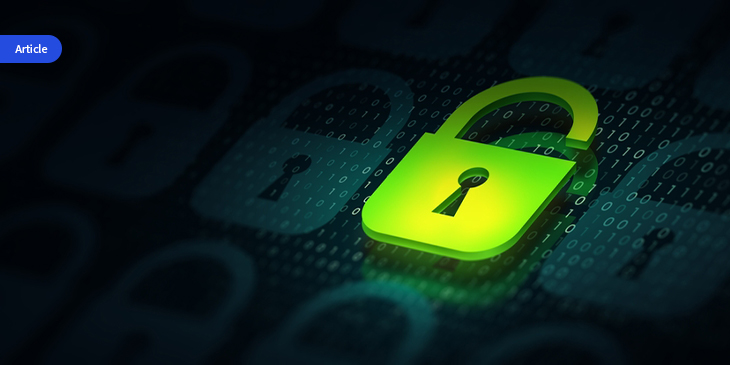What Hollywood Gets Right and Wrong About Fictional Hackers
Hollywood hackers have been typecast as all-knowing entities who are easily identified by their oversized hoodies. But don’t believe everything you see in the movies.
Despite how they’re portrayed in pop culture, threat actors and the cybercrimes they commit are different in reality. Still, that doesn’t mean you can’t learn from these depictions – if you know how to separate security lessons from storylines.
True to Life: What Hollywood Gets Right
Make no mistake. Most hackers are highly skilled, possessing technical abilities and systems knowledge that allow them to breach networks, strategically stealing data and extorting users for money or sensitive information.
“Around 40% of ethical hackers recently surveyed by the SANS Institute said they can break into most environments they test, if not all,” says CSO Online.
They may do this by hiding malicious code in unassuming applications or pretending to be someone they’re not. Both of which Hollywood has scripted in fairly realistic ways.
Two lessons in particular come to mind:
1. Unknown applications can cause chaos.
In Ex Machina, programmers were able to create a human-like A.I. with stolen smartphone data accessed via their cameras. Download the wrong unsuspecting applications and you might experience a similar fate.
Once installed, there are apps that can track your location, access your microphone, and yes, even your camera. Be sure to check the permissions of everything you download to limit what can be collected.
2. Phishing scams can leave you totally undefended.
In 2015’s Blackhat, hackers are able to install keyloggers on company devices by sending a phishing email with a malicious PDF to its employees. This allows them to capture everyone’s passwords.
It’s scenes like these that back up unfortunate statistics like, 88% of all data breaches are caused by human error. This also goes to show that bad actors aren’t just technically skilled, they’re also adept at manipulation and impersonation.
Hollywoodized Hacking: Where Movies Miss the Mark
With all the hyperbole around fictional hacking, it can be easy to forget that these are flesh and blood human beings. That means they’re fallible and the work they do is tedious.
Keep in mind that:
- Data breaches aren’t always instant. The reality is, most cybercriminals spend many hours researching and training how to break into a specific system or set of company files. In fact, “nearly 60% [of ethical hackers] said they need five hours or less to break into a corporate environment once they identify a weakness.”
- Not all hackers are young, independent outcasts. Though movies will sensationalize these characters by casting youthful actors and presenting them as lone wolves, the profile is often a seasoned professional who’s spent years honing their craft inside a team. Many hackers work within organized crime rings or are state-sponsored. Others are government-hired.
- The right keyboard combination can’t stop an attack. The “good guys” are often shown heroically halting a cyberattack by feverishly banging out the right button sequence. However, if you do experience a breach (or even suspect one), it’s best to disconnect your device so it can’t compromise the network and alert your IT team immediately.
Quiz Time!
Are you able to see through all that Hollywood glamor and detect the facts?
True or False: Two-factor Authentication is an important security layer?
True! In The Flight Attendant, the heroine is able to guess her nemesis’ password, but still has to figure out how to get past the 2FA prompt. It’s an essential protection for proprietary info, particularly for hackers who may use specialized software that can make infinite “guesses” until a password is matched.
True or False: Most hackers are “nerdy” males.
False! Cybercriminals may be as personable as they come. There are also plenty of hackers who identify as female, even if Hollywood rarely casts women in these roles.
True or False: Cybercriminals are only interested in large organizations.
False! Hackers go after businesses of all sizes, particularly those viewed as having access to fewer security resources.
Ultimately, television and film don’t always accurately represent the realities of hacking or cybersecurity. But as they say, life does imitate art. If you know how to evaluate these scenes, you can extract valuable lessons about how to keep your devices, organizations, and personal information safe. Beware misrepresentations and stay vigilant to determine entertainment from a real-life attack.
Content created and provided by ONEAFFINITI.












